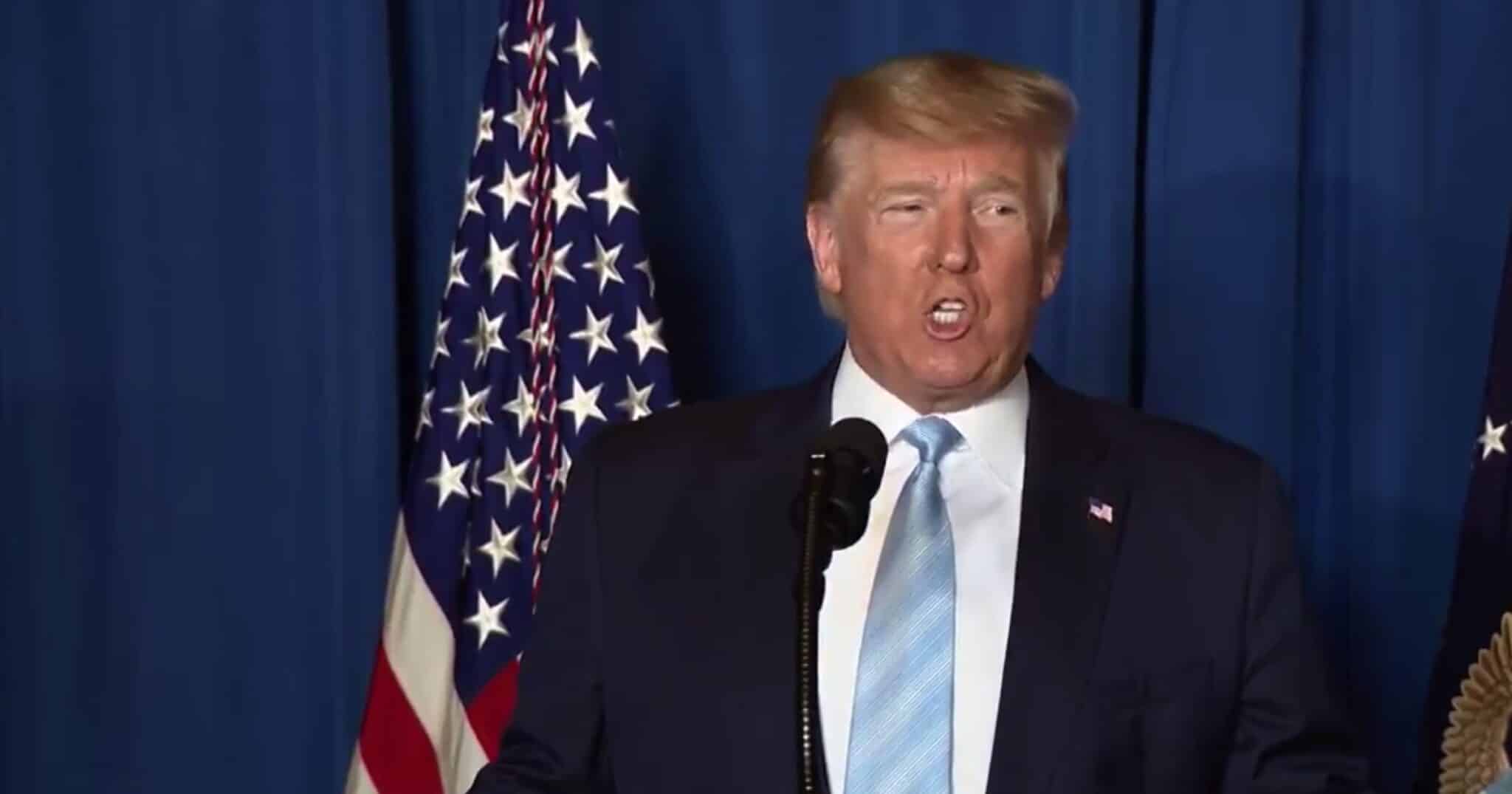








Morgan Ortagus, once a vocal critic of former President Donald Trump, has been appointed as his deputy special envoy for Middle East peace. This surprising move comes despite her history of criticisms, as Trump values her strong support among Republicans and her potential to aid Steve Witkoff, the special envoy to the Middle East.
USA Today reported that Ortagus has assumed this new role with a complex history, having shifted from an outspoken critic to a defender of Trump over time.
Ortagus' previous critiques of Trump were unequivocal. She criticized Trump's personality, once likening it to a "middle school pubescent boy," and even stated on cable television that Trump's behavior was "disgusting." Despite these strong words, Ortagus' professional path intertwined with Trump's administration.
During Trump's first term, Ortagus served as the State Department spokeswoman for three years. Before her tenure in Trump's administration, she contributed to Fox News as a national security analyst, where she was known for her critical stance on Trump's policies during the 2016 Republican primaries.
At that time, she worked for Jeb Bush's presidential campaign and was vocal about her disapproval of Trump's "isolationist foreign policy."
Her critiques were part of a broader career that spanned several notable roles. She worked with the U.S. Agency for International Development during George W. Bush's administration and later served as an intelligence analyst for the Treasury Department under Barack Obama.
Despite her initial opposition, Ortagus later became a supporter of Trump. This was evidenced when Trump backed her in a 2022 congressional run in Tennessee.
However, that political move faced hurdles as Ortagus was disqualified from the primary ballot by the Tennessee Republican Party due to residency issues.
In appointing Ortagus, Trump acknowledged their uneasy past. "Early on Morgan fought me for three years, but hopefully has learned her lesson," Trump stated. He further expressed hope that despite their rocky history, she would excel in her new role due to her strong support within Republican circles.
As deputy special envoy for Middle East peace, Ortagus will work alongside Steve Witkoff, aiming to promote stability and peace in a region fraught with challenges.
Trump's selection of Ortagus, despite his reservations about whether such reconciliations are successful, underscores his willingness to prioritize broader support over personal grievances.
In Trump’s words, “These things usually don’t work out, but she has strong Republican support, and I’m not doing this for me, I’m doing it for them." This statement highlights a pragmatic approach, placing party interests at the forefront of the decision-making process.
The Complex Dynamics of Political Appointments Ortagus’ appointment also illustrates a broader theme in political dynamics, where past criticisms can sometimes give way to strategic alliances.
The relationship between Trump and Ortagus exemplifies how shifts in political alignments can redeem former critics into trusted allies, potentially bringing fresh perspectives to longstanding roles.
For Ortagus, this role presents an opportunity to influence policy after having had a multifaceted career. As she steps into the role of deputy special envoy, her experience and the evolution of her views may offer valuable contributions to ongoing peace efforts.
Observers of Middle Eastern policy will be keen to see how her presence affects U.S. strategies in the region.
Her varied background and shift in allegiance reflect the complex realities of modern political appointments.
The unfolding of her duties as deputy special envoy could have far-reaching implications, both for U.S. endeavors in the Middle East and for the broader narrative of political alliances within the United States.
As she embarks on this new role, Ortagus' ability to leverage her prior experiences and reconcile her criticisms with her responsibilities will be pivotal.


